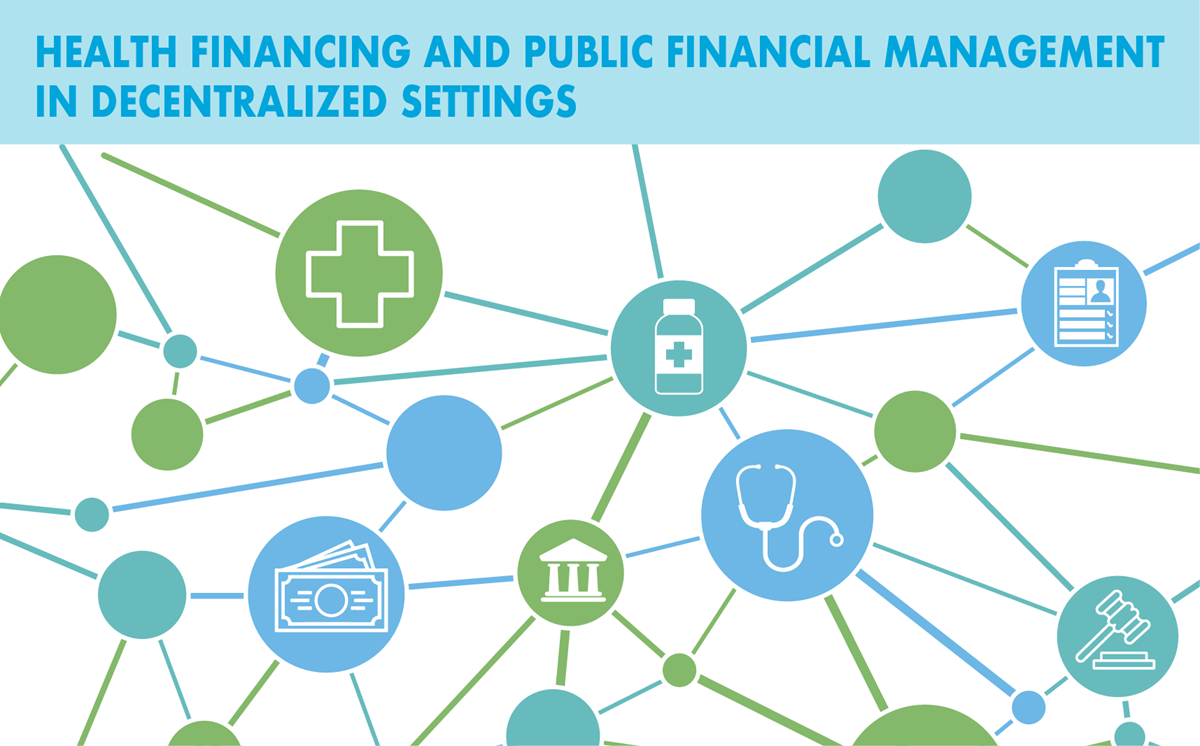[ad_1]
The World Health Organization’s Department of Health Systems Governance and Financing and ThinkWell launched a learning collaboration in 2019 to explore the interplay among decentralization, public financial management (PFM), and health financing, which aimed:
- to analyze the implications of devolution for health financing, with a focus on government health spending; and
- to explore how decentralization has shaped PFM processes in the health sector and to identify challenges arising from the misalignment of decentralization and PFM reforms.
The collaboration yielded case studies on seven countries—Burkina Faso, Indonesia, Kenya, Mozambique, Nigeria, the Philippines, and Uganda—and two synthesis reports based on the country cases and other published literature.
The first report summarises the implications of devolution for health financing, with a focus on health spending at the subnational level. The findings suggest that subnational governments in all cases rely extensively on transfers from central governments to finance their budgets. Central governments will likely need to drive increases in government health spending as part of UHC strategies. Devolution contributes to fragmentation of the pooling function, creating barriers to the equitable distribution of resources across subnational units. There is thus strong need for fiscal equalization arrangements, which must consider multiple criteria and needs. Finally, there is limited discretion and capacity of subnational governments to function as strategic purchasers of health services. Streamlining of health financing and service delivery responsibilities can help reduce duplication and fragmentation as well as clarify purchasing roles. The report outlines these policy options in more detail and proposed future research areas.
The second report describes how decentralization has shaped PFM processes in health, identifies key challenges for the health sector emerging from the misalignment between decentralization and PFM reforms, and offers policy lessons to overcome those barriers. Decentralization has complicated health budgeting. Disparate budget structures hinder collaboration across government levels, contributing to disjointed or duplicative sector plans and low budget prioritization for health. Decentralization does not necessarily enhance the managerial or spending autonomy of service providers. While subnational entities exercise new decision-making powers and fiscal controls, these have not been systematically extended to providers themselves, and most often facilities cannot respond flexibly to evolving needs. Due to lagging PFM reforms, decentralization has not delivered on its promise of greater transparency and accountability for public spending on health. The persistence of input-based budget structures at subnational levels also reinforces accountability for inputs rather than outputs or outcomes.
[ad_2]
Source link

